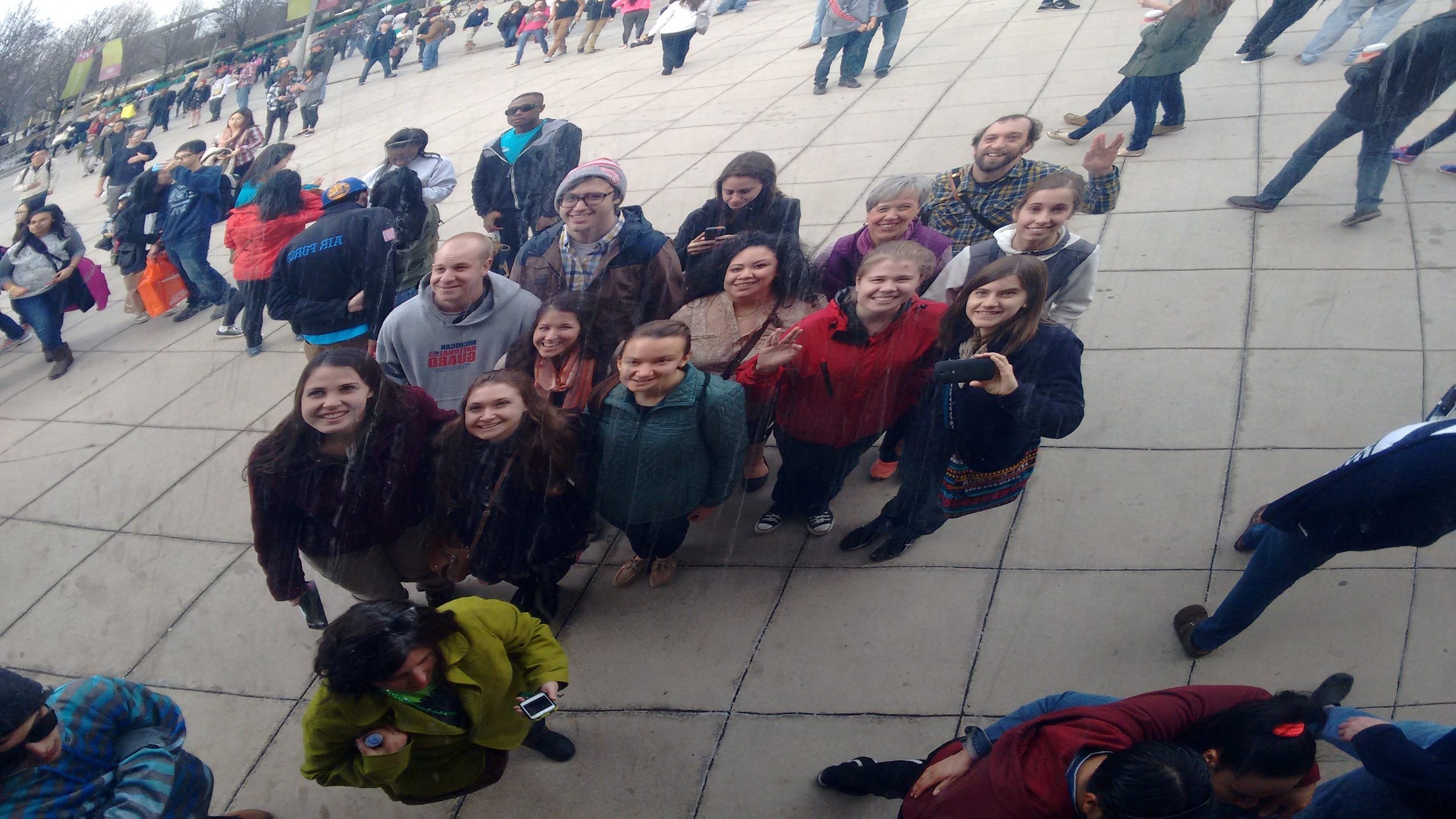As Catholics and Christians, how are we to think about and care for the environment? On April 6, 2016, Omar Gutierrez addressed this question as he meditated on the themes of Pope Francis' latest encyclical, Laudato Si'.
You can watch his excellent talk, "Praise Be to You, My Lord: How Christians Should Think about the Environment" below.
Omar F. A. Gutiérrez has worked for the Church since 2001. Currently, he is the Special Assistant to the Archbishop of Omaha, George J. Lucas, and the Manager of the Office of Missions & Justice handling international missionary efforts and their funding, grants for charitable works, poverty-reduction programs, as well as formation in Catholic Social Teaching within the archdiocese.
A graduate of Franciscan University of Stuebenville with a BA in Theology, Omar then studied at the Pontifical University of St. Thomas Aquinas in Rome (the Angelicum) and completed his MA in Theology from the University of Dallas. His Master’s thesis applied John Henry Cardinal Newman’s marks of authentic development of doctrine to the Second Vatican Council’s Declaration on Religious Liberty.
Omar is a sought-after speaker on the social teaching. He has a weekly program through DiscerningHearts.com which is aired on Nebraska’s Spirit Catholic Radio entitled “Regnum Novum: The New Evangelization through Catholic Social Teaching,” and he is a regular guest on various other programming for the radio station.
Omar has been published in a number of print and online magazines and newspapers including The Catholic Answer, the National Catholic Register, Catholic World Report, CatholicVote.com, HLI’s Truth and Charity Forum and he has a regular column, “Charity in Truth”, in the Archdiocese of Omaha’s paper The Catholic Voice. His first book, The Urging of Christ’s Love: The Saints and the Social Teaching of the Catholic Church was release in October of 2013. Omar’s writings can be accessed through his website omargutierrez.com.
Most importantly, Omar is happily married to his wife Miriam, and they are very blessed by their four children. His hobbies include watching Cleveland Indians baseball and lamenting the same.
Event Co-Sponsored by the Religion Department, Environmental Studies Program, Geological and Environmental Sciences, the Corpus Christi Foundation, and the Our Sunday Visitor Institute.



















